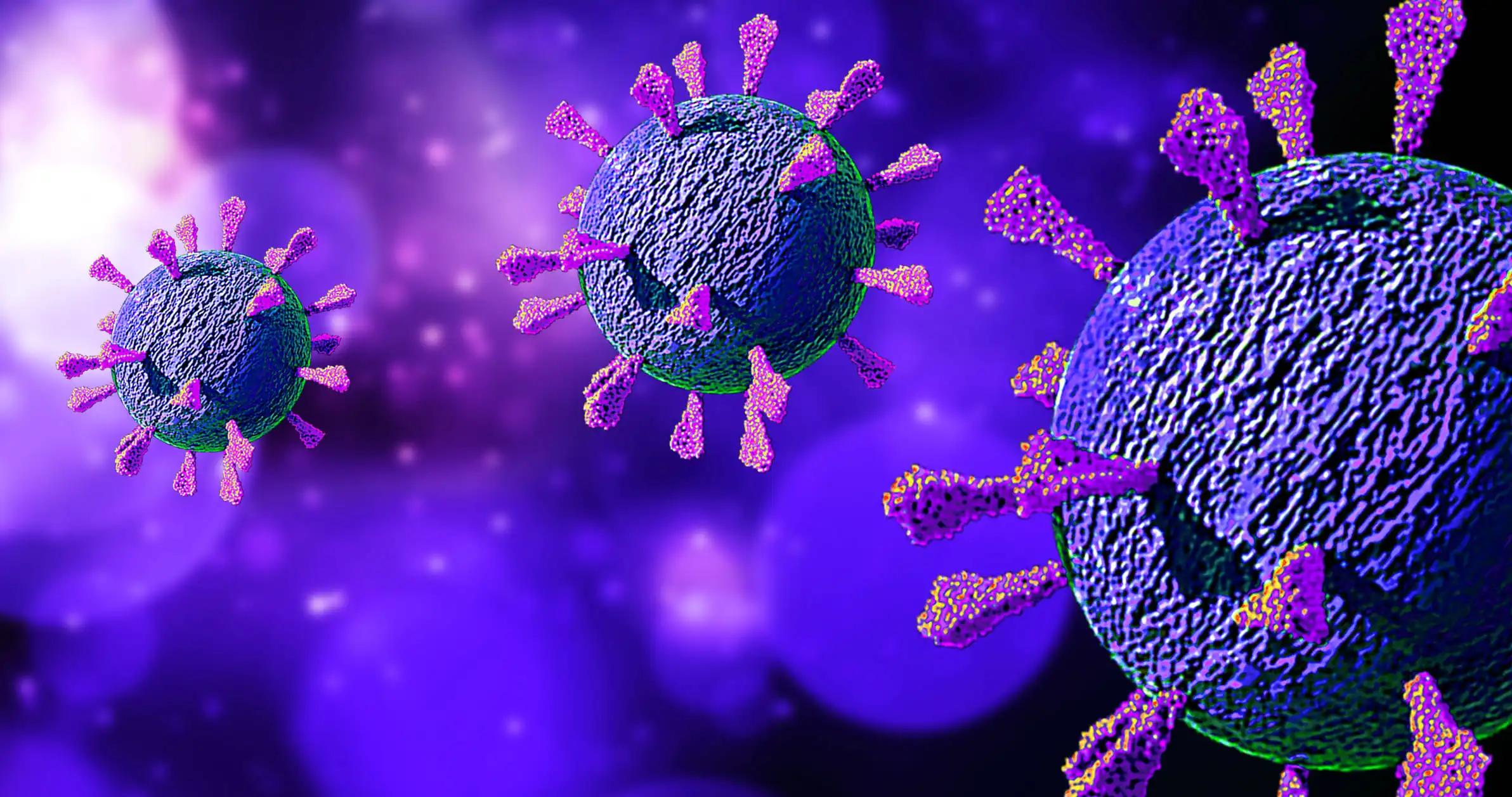KEY TAKEAWAYS
- The ABCSG-18 phase 3 study (NCT00556374) evaluated the effect of adjuvant anti-receptor activator of nuclear factor-κB ligand denosumab treatment.
- The study was a double-blind, placebo-controlled trial involving 3425 postmenopausal women with early hormone receptor-positive breast cancer.
- The study’s principal outcome measure was the duration until the initial clinical fracture after randomization.
- The study demonstrated that adjuvant denosumab treatment resulted in an absolute 9-year DFS benefit of 3.5 percentage points.
- The final long-term analysis of ABCSG-18 demonstrated the continued benefit of DFS, BMFS, and OS.
The utilization of adjuvant aromatase inhibitors has been observed to elevate the risk of osteoporosis and fractures in individuals diagnosed with hormone receptor-positive breast cancer. Previously reported outcomes of the ABCSG-18 trial have demonstrated that adjuvant anti-receptor activator of nuclear factor-κB ligand denosumab treatment may mitigate adverse effects and potentially enhance outcomes. The conclusive long-term results are being reported at this time. The ABSCG-18 study is a phase 3 trial that involved 3425 postmenopausal patients with early hormone receptor-positive breast cancer who were undergoing aromatase inhibitor therapy. The trial was conducted in 58 centers, and the patients were randomly assigned to receive either subcutaneous administration of denosumab 60 mg or placebo every 6 months. The study was double-blind and placebo-controlled.
The principal outcome measure was the duration until the initial clinical fracture after randomization. The secondary outcomes of the disease were assessed based on disease-free survival (DFS), bone metastasis-free survival (BMFS), and overall survival (OS). As per protocol, the median follow-up for this final analysis is 8 years, with an interquartile range of 6 to 9.6 years. The study observed 309 versus 368 disease-free survival (DFS) events in the denosumab and placebo groups. The hazard ratio was 0.83, with a 95% confidence interval (CI) of 0.71 to 0.97. The denosumab group showed an absolute 9-year DFS benefit of 3.5 percentage points (79.4% vs. 75.9%). The administration of adjuvant denosumab resulted in a 2.5 percentage point improvement in bone metastasis-free survival (88.9% vs. 86.4%; hazard ratio, 0.81; 95% CI, 0.65 to 1.00) and a 1.0 percentage point improvement in overall survival (90.9% vs. 89.9%; hazard ratio, 0.80; 95% CI, 0.64 to 1.01). There were no instances of fresh toxicities concerning the prescribed amount of adjuvant denosumab. The final long-term analysis of ABCSG-18 demonstrated the continued benefit of DFS, BMFS, and OS. There were no newly observed adverse effects.
Source:https://evidence.nejm.org/doi/full/10.1056/EVIDoa2200162
Clinical Trial:https://clinicaltrials.gov/ct2/show/NCT00556374
Gnant, M., Frantal, S., Pfeiler, G., Steger, G. G., Egle, D., Greil, R., Fitzal, F., Wette, V., Balic, M., Haslbauer, F., Melbinger-Zeinitzer, E., Bjelic-Radisic, V., Artner-Matuschek, S., Kainberger, F., Ritter, M., Rinnerthaler, G., Sevelda, P., Bergh, J., Kacerovsky-Strobl, S., & Suppan, C. (2022). Long-Term Outcomes of Adjuvant Denosumab in Breast Cancer. NEJM Evidence, 1(12). https://doi.org/10.1056/evidoa2200162.



